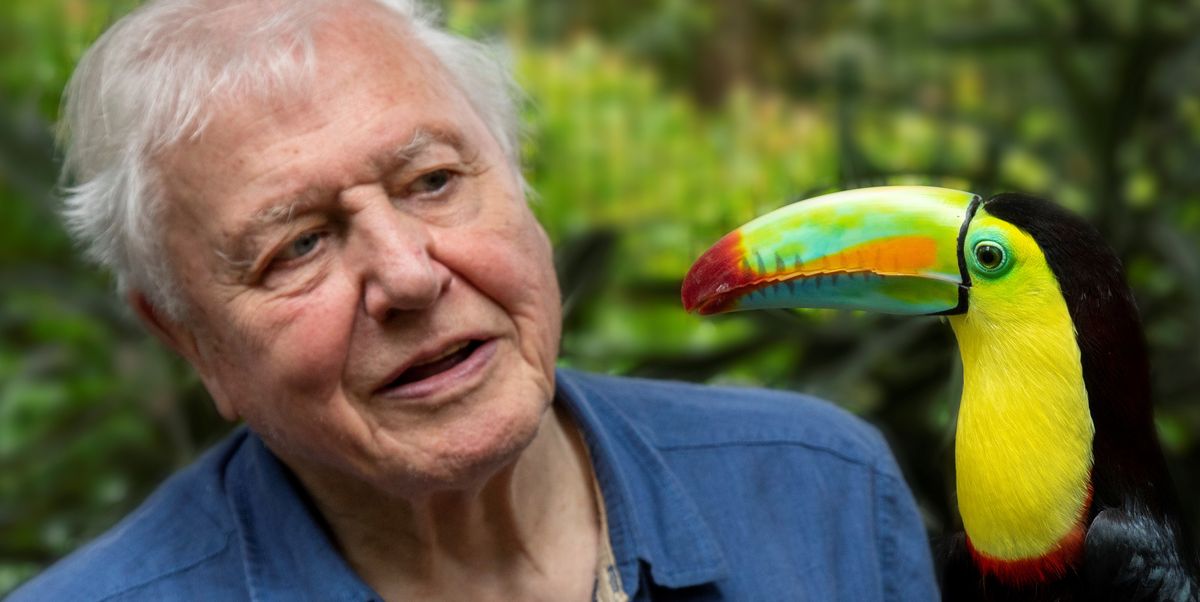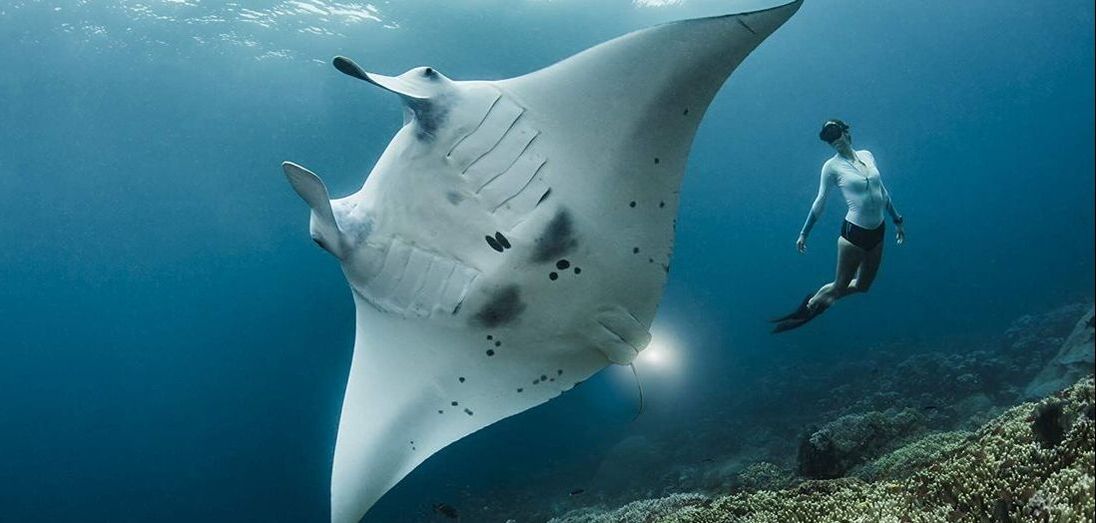|
Just as prestige television has reinvented the high concept of broadcast drama, documentaries that investigate global issues have become vital components of civic society. Supported by the deep pockets of Netflix, Amazon, HBO and the like, it gives me hope that we’ve transcended the overly-commercial, ratings-dependant, and largely vacuous focus of traditional broadcasters, who seldom gave docs light of day. Important films and series are now being made that would never have been made before, and are seen by more people than would ever have seen them before. Their impact on our world is real. On Netflix, The Great Hack and The Social Dilemma have exposed the shocking consequences and murky mechanics of social media. Icarus unmasked Russian sport doping, 13th clearly explained systemic racism, while Capital in the 21st Century has revealed the scale of our financial folly. Produced by elite sports stars, Game Changers rewrote the book on veganism, while Last Dance and F1 Drive to Survive gave us wild access to wilder sports. Becoming and Knock Down the House hold up political heroes too. And then there’s David Attenborough. Now in his 90’s, the legendary natural history filmmaker has grasped the potential of streaming to reach mass audiences, hosting ground-breaking series that air on Netflix as well as traditional broadcasters like the BBC. Night on Earth, Planet Earth II and Our Planet have truly pushed the boundaries (and no doubt the budgets) of what the genre can achieve, giving us jaw dropping never-before-seen glimpses into the natural world. Attenborough’s wise voice adds indisputable credibility and trust. For me, he’s always been the ultimate school teacher, an inspiring voice and authority worthy of respect. The teacher you listen to, and never forget. Other than perhaps Morgan Freeman, I can’t imagine another voice narrating spectacular natural visuals with such wonder, gravitas, reverence and enthusiasm. Which is why his latest film, David Attenborough: A Life on our Planet, moved me to tears. The final card reads: “This film is David Attenborough’s Witness Statement. Who else needs to see it?” Everyone needs to see it. Absolutely everyone, and their families, friends and cousins too. I read a review for the One World series that questioned why the show didn’t focus more on the imminent and deep threats to the natural world, why Attenborough is celebrating ever-diminishing diversity instead of hitting the panic switch. There’s no crime in focusing on the positive, and while all his series do address critical threats to our planet’s eco-systems, panic switches have never been Attenborough’s forte. Also, he likely knew well in advance what was coming, and exactly what his panic switch would look like. A Life on Earth begins in spooky, desolate Pripyat, the abandoned Ukrainian city that once supported Chernobyl. I spent a couple days there, I’ve been in the same hallways, cracked apartment blocks and eerie streets. The world’s worst nuclear disaster has made this model Soviet city uninhabitable for thousands of years, an avoidable mistake blamed on human error. Likewise, we are doing the same for our planet, but our destructive global meltdown is taking place slowly in real time. When Mr. Attenborough (he deserves the prefix, as do all great teachers) tells us he has witnessed the devastation taking place over his own lifetime and with his own eyes, it warrants no discussion. For 118 minutes, everyone – boomers, millennials, scientists, corporations, politicians - needs to shut the fuck up and listen to what this extraordinary elder has to say, and respectfully bear witness to his statement. Accompanied by incredible images pooled from his many shows, he explains what is going on in clear, concise language so that a child might understand it. How the oceans and jungles and forests are dying, how we’re entering the planet’s sixth great extinction event, and how every step forward is through a series of one-way doors with no turning back. Once nature’s system is out of equilibrium, it all goes to hell. As a graphic shows the passing of his years, the loss of natural habitat, and the increase of CO2 in the atmosphere, Mr. Attenborough becomes visibly more frustrated and upset. How fortunate we are to have shown up during the Holocene, a 100,000-year Eden of unprecedented natural stability. But like bad hotel guests, we’ve completely trashed the place. At this rate, Earth won’t be nearly as bountiful or habitable for future generations. The most harrowing part of the film is a projection of what the world will look like in 2030, 2050, 2080. Wildfires, dustbowls, ocean deserts, collapsing food stocks, melted ice, displaced millions…Attenborough looks away in horror, and we feel the blackness of his despair. We had so much, and we wasted it. How will the future ever forgive us? But this is David Attenborough, a man who has seen more wonder and amazement than anyone could ever hope to see. All is not lost, and there is hope. “I’m going to tell you how,” he says. Once again, I sit up and pay attention, because as the film cuts to clips of Attenborough lecturing in Davos and for the UN, I know he’s not going into platitudes about recycling saving the Earth. Using real-world success stories in Costa Rica, Palau, and yes, even Chernobyl, Mr. A discusses the imminent approach of our peak population, with ambitious plans to protect our oceans, re-wild the scorched forests and plains, and increase vital bio-diversity. Because, he insists, that’s what it all comes down to: if we sustainably restore the system, our planet will breathe again, and it will be a win-win for our food security, stability, and human prosperity. Often, the “we all need to change to save ourselves” diatribe can feel overly simplistic and dismissive of economic and political realities, but from the mouth of Sir David Attenborough, it left me with renewed hope and purpose. With any luck, it had an impact on his audience at Davos and UN, for those with political and economic power are the “We” that need to change most of all. Other essential documentaries:
0 Comments
Your comment will be posted after it is approved.
Leave a Reply. |
Greetings.
Please come in. Mahalo for removing your shoes. After many years running a behemoth of a blog called Modern Gonzo, I've decided to a: publish a book or eight, and b: make my stories more digestible, relevant, and deserving of your battered attention. Here you will find some of my adventures to over 100 countries, travel tips and advice, rantings, ravings, commentary, observations and ongoing adventures. Previously...
July 2024
Categories
All
|



 RSS Feed
RSS Feed

